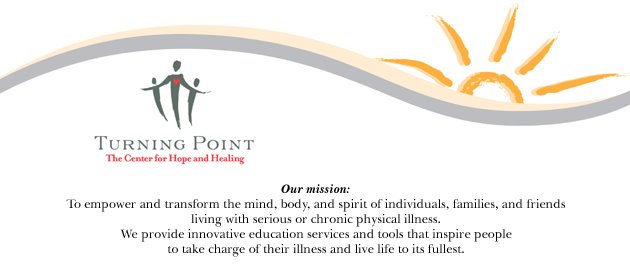A man with two brains? Only in the movies, right? No.
Each and every one of us has a second brain. It is called the enteric nervous system and is a network of neurons lining our gut. This “second brain” is not involved in any cognitive thought or decision making, but contains more than 100 million neurons (more than in the peripheral nervous system) that do more than just handle digestion. Those neurons can affect our mental state and influence certain diseases.
This system is far too complex to only move things through your colon. In fact, research shows that a “one-way street” runs from the gut to the brain via the vagus nerve. According to Emeran Mayer, professor of physiology, psychiatry and biobehavioral sciences at the David Geffen School of Medicine, UCLA , “A big part of our emotions are probably influenced by the nerves in our gut”. In fact, 95 percent of our serotonin is found in the bowels (low serotonin levels affects depression). What this means is that our emotional state partially relies on information carried from the brain in our gut to the brain in our head.
In addition, 70 percent of our immune system relies on the gut to kill and eliminate foreign invaders. Current research is focusing on specifics of how the immune system and gut work together.
How does this affect resilience?
- We are what we eat. We want our gut to be healthy, happy and working properly. If our digestive system is in distress, we now know that our emotional state can be affected.
- Our digestion is influenced by our stress response. When we go into the fight/flight state, digestion is halted so we can run or fight for our lives. Therefore we do not properly digest our food.
- If 70 percent of our immune system relies on our gut, we had better make sure our gut is in top shape so the immune system can work efficiently.
Source: “Think Twice: How the Gut’s “Second Brain” Influences Mood and Well-Being. February 12, 2010. Scientific American.
